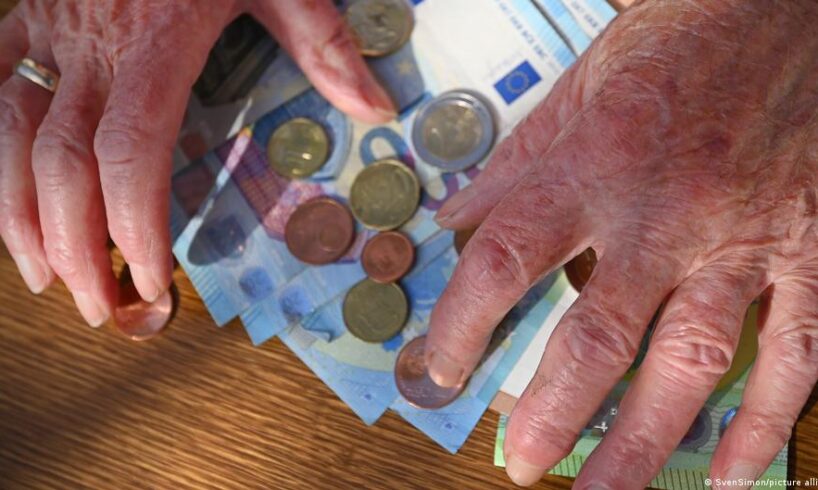
Skip next section Survey shows strong Berlin opposition to Olympic bid
11/24/2025November 24, 2025
Survey shows strong Berlin opposition to Olympic bid
A large majority of Berliners oppose a bid for the Summer Olympics, according to a Civey survey commissioned by the Tagesspiegel newspaper.
The poll found that 67% reject a bid for 2036, 2040 or 2044, while 27% support the city Senate’s plans to go ahead with it, with the rest undecided.
The results are likely to intensify the debate over the state government’s Olympic initiative, especially as the group NOlympia, which is opposed to the games, plans to launch a campaign ahead of any referendum.
A potential vote would likely not take place before 2027, meaning it would come after the German Olympic Sports Confederation (DOSB) selects a national candidate city in autumn 2026. For Berlin, that timing poses a clear risk: the city could be chosen first, only for voters to reject the bid afterward.
Alongside Berlin, North Rhine-Westphalia, Munich and Hamburg are also preparing bids to host future Olympic and Paralympic Summer Games. The DOSB is expected to decide on the German candidate next autumn.
https://p.dw.com/p/548DA
Skip next section Germany spends more on welfare than neighbors, study finds
11/24/2025November 24, 2025
Germany spends more on welfare than neighbors, study finds
Germany spends a larger share of its public budget on social security than any of its European neighbours, according to a study from the Cologne-based German Economic Institute (IW).
The employer-aligned institute said 41% of Germany’s total expenditure goes to social programs, with nearly half of that devoted to old-age pensions. Nordic countries, as well as Austria and Switzerland, spend about 40%, while the Benelux states — Belgium, the Netherlands and Luxembourg — allocate about 38%. The EU average stands at 39%.
Germany also ranks among the highest in health spending at 16%, placing it roughly on par with the Nordic and Benelux countries.
With parliament entering budget week and political tensions rising over pension reform, the IW urged the government to limit further growth in state spending, especially in the social and healthcare sectors.
The analysis covered public expenditure from 2001 to 2023 and compared Germany with neighbouring countries considered economically and culturally similar. Administrative costs were found to be comparatively high, increasing from 7.2% to 11% of total spending over the two decades.
Education remained the weakest area. Germany spent just 9.3% of its budget on education, placing it last in the comparison and far behind Austria and Switzerland. The study also highlighted deficits in staffing levels and public investment.
German coalition disputes welfare state funding
To view this video please enable JavaScript, and consider upgrading to a web browser that supports HTML5 video
https://p.dw.com/p/547nx
Skip next section Welcome to our coverage11/24/2025November 24, 2025
Welcome to our coverage
Glühwein, the German for mulled wine, literally translates to “glow-wine”Image: Benjamin Westhoff/dpa/picture alliance
Guten Tag from DW’s newsroom in Bonn, where the mulled wine is already flowing on the city’s Christmas market stalls.
Danke schön for joining us to find out what Germany is talking about.
Among other things, a study has been released showing that Germany devotes a larger share of its public budget to social security than its close European neighbors.
The German Economic Institute, which carried out the research, warned that such costs threaten fiscal stability as lawmakers enter a tense budget week focused on pension reform.
Meanwhile, a survey in Berlin shows that most residents of the capital city oppose the city bidding to host the Olympic Games.
Follow us here for the latest headlines throughout the day.
https://p.dw.com/p/54887





